In this article, we will provide you suggestions or solutions on how to harden your security to your server in order to prevent
external attacks to reach out to the Operating System and the data stored on your server.
The following processes and tools are fairly easy to introduce, even for the smallest businesses.
Combined, these will give you basic level security against the most common IT risks and external attacks.
Use Strong Passwords
Strong passwords are vital to good online security. Make your password difficult to guess by:
- using a combination of capital and lower-case letters, numbers, and symbols
- making it between eight and 12 characters long
- avoiding the use of personal data
- changing it regularly
- never using it for multiple accounts
- using two-factor authentication
To avoid any guessing for your password to your instance/server, try not using the below personal details for a password :
- Current partner’s name
- Child’s name
- Other family members’ name
- Pet’s name
- Place of birth
- Favorite holiday
- Something related to your favorite sports team
If the use of your server is shared, create a password policy to help users to follow security best practices.
Look into different technology solutions to enforce your password policy, e.g scheduled password reset.
Controlled access
Make sure that users can only access data and services for which they are authorized. For example, you can:
- restrict access to unauthorized users
- limit access to data or services through application controls
- restrict what can be copied from the system
- limit sending and receiving of certain types of email attachments
Modern operating systems and network software will help you to achieve most of this, but you will need to manage the registration of users and user authentication systems - eg passwords.
Firewall
Firewalls are effectively gatekeepers between your server and the internet, and one of the major barriers to preventing the spread of external threats such as viruses and malware.
Make sure that you set up your firewall properly, allow or block certain ports for services, and check the rules regularly in case of any additional software/service is installed on your server that tries to reach out for external connections.
Setup a VPN
VPNs have the ability to encrypt the data between connections and making the exploitation/hacking attempt much harder.
When you use a VPN, your information is sent through a secured server and anonymized, so websites or when you connect to another server/service, don’t get your information. Many reputable VPNs use 256-bit encryption for your connections as this is the most reliable encryption protocol available. It is practically attacker-proof and enables your information to stay hidden.
Attackers won’t be able to access your passwords, personal details, and email information when you’re browsing the web via a trusted VPN.







